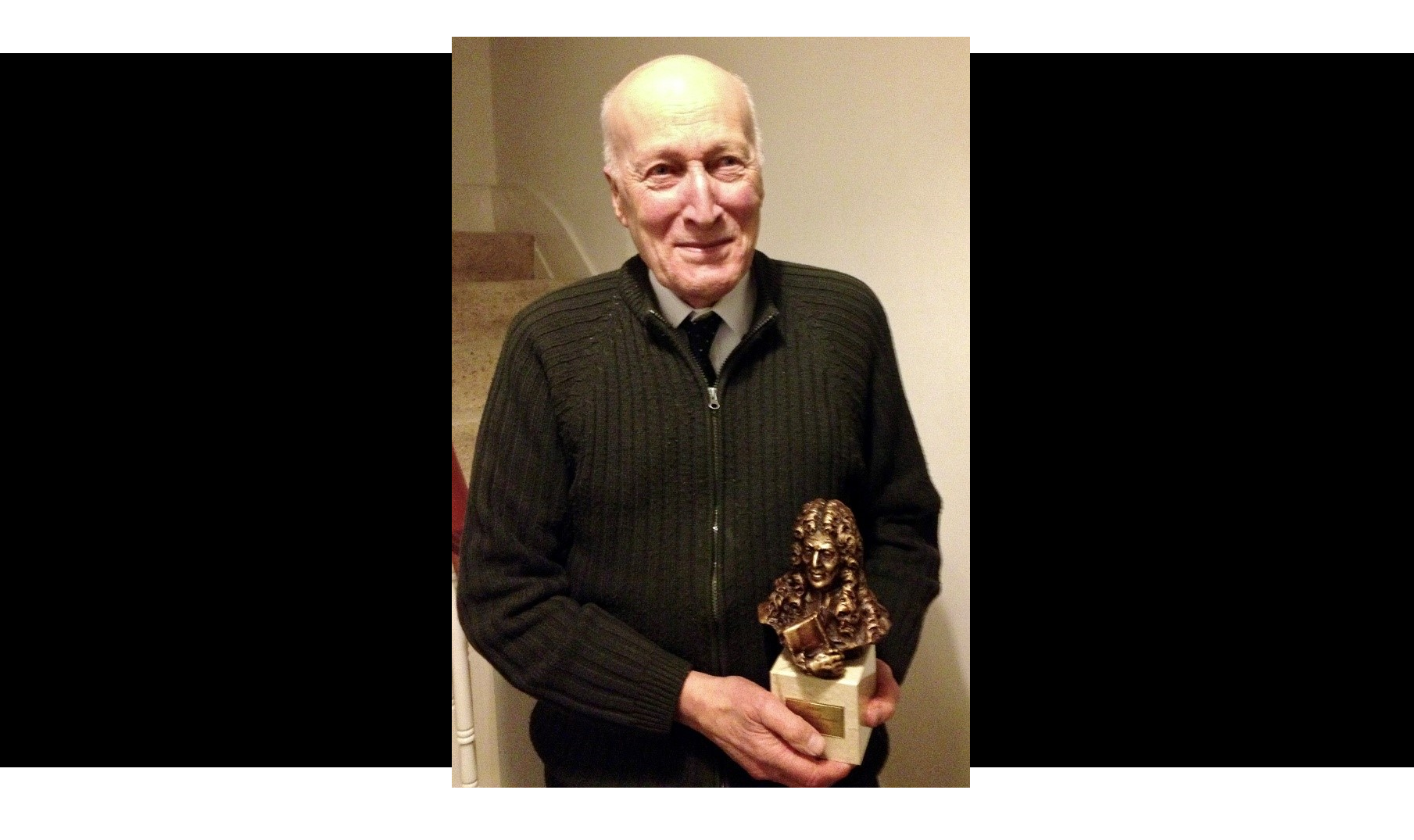Names not numbers
Morris Greenberg was once one of Her Majesty’s Inspectors of Factories. In that role, he worked tirelessly for the health and safety of workers. We remember his life on this blog because of his huge accomplishments in the prevention of cancers caused by asbestos.
Despite his job as a civil servant, Morris Greenberg spoke the truth to power. He fought the might of industry throughout his career, dedicating himself to the health, safety, and well-being of employees. He stood up for the victims against industry and the establishment. Whilst other epidemiologists accepted that there might be insufficient data to prove that asbestos caused cancer, he fought hard to obtain the data needed to expose the risk and then campaigned to ensure that the industry was appropriately regulated. Listening to colleagues talk about Morris Greenberg it is tempting to say that whilst others might have tried to estimate how many lives might have been saved by ending exposure to asbestos, Morris was interested in getting to know the individuals whose lives had been ruined by a failure to act early and avert the mesothelioma epidemic.
After retirement, Morris Greenberg spoke out against the government whose cuts reversed much of the progress he had helped to make. Dr Greenberg had a unique ability to prick the conscience of others. He inspired a whole generation of physicians, practitioners and crusaders dedicated to the protection of workers and their health. He wrote with wit but did not hold his punches. Reflecting on the history of occupational health in the UK he wrote: “The UK’s heyday of occupational health and safety of the early 1970s was short-lived and followed by a policy of reducing staff and resources, which, in shades of Orwell, was euphemised by the then chief employment medical advisor in discussion as ‘cutting out the fat’; unfortunately, this operation lacked surgical precision as HSE’s skeleton and higher nervous system also suffered.” And he explained why he continued to work pro bono well into his retirement “My concern is that American practice is advanced to justify unsafe practices in the Third World; particularly effectively in the case of asbestos.”
A gentleman of a bygone age, Morris Greenberg was also in many respects ahead of his time. In 1993 he wrote a letter to the BMJ championing open access to data. He was researching factors that contributed to the delay in the recognition of the health hazards of asbestos dust and the consequential delay in the implementation of effective measures of control. He was frustrated by his inability to gain access to the data reviewed by the British Occupational Health Society. He wrote, “Should it be a condition that data and analyses that formed the basis of a publication be preserved and kept accessible for further study?”
People around the world have eulogised Morris Greenberg, “a kind-hearted and generous physician”, who died on 19 August 2021 aged 95. Gopal Krishna from the Ban Asbestos Network of India wrote “His work was dedicated to occupational justice across the globe which is an inspiration for countries like India where environmental-occupational health doctors are rare to find and the required infrastructure is almost non-existent.” Toxicologist Dr Daniel Teitelbaum reflected: “I remember his brilliant and biting wit, his scholarship and his human kindness. There won’t be another like him. Grace, scholarship and humanity don’t come along very often.”
Obituaries from other sources:
A life to celebrate, not a death to mourn – Times of Israel
The views expressed are those of the author. Posting of the blog does not signify that the Cancer Prevention Group endorse those views or opinions.
Share this Page

